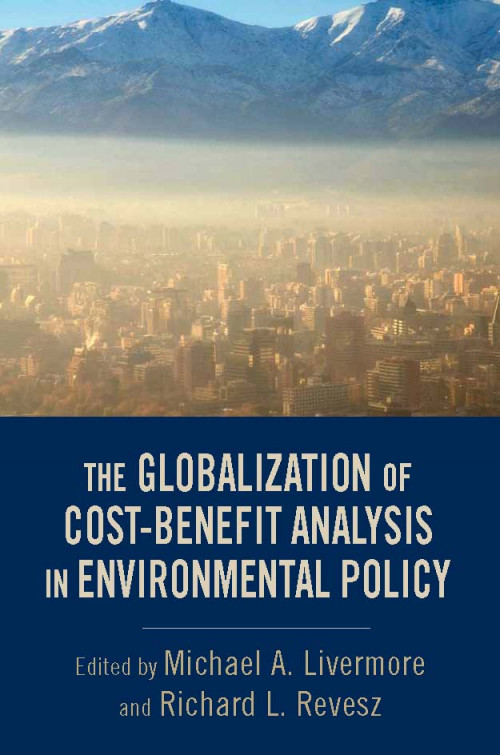The Globalization of Cost-Benefit Analysis in Environmental Policy examines how cost-benefit analysis can help developing and emerging countries confront the next generation of environmental and public-health challenges. Analysis in the book examines the growing reach of cost-benefit analysis; presents relevant case studies where cost-benefit analysis has been incorporated in the Americas, Africa, Middle East, and Asia; and includes a discussion on the conceptual and institutional issues that must be addressed when adopting cost-benefit analysis in developing and emerging countries. In part because governments in developing and emerging countries have not extensively used cost-benefit analysis, there has been only limited research and discussion of the practice and its potential. Most work that has been done is on the domestic or regional level, and has not been widely shared or distributed within the international academic or policy community. By providing both theoretical and practical discussion of this important new tool, this book makes a valuable contribution to the fields of environmental policy, development studies, and environmental law.
Endorsements:
“In this important new volume, the two most thoughtful defenders of regulatory cost-benefit analysis in the United States—Michael Livermore and Richard Revesz—have taken the methodology global, assembling a rich array of contributions from scholars concerning the use of cost-benefit analysis in emerging economy countries. Given the growing impact of such countries’ policies on climate change and other global problems, and given the strong role that cost-benefit analysis can play in the shaping of regulatory policy, the conversation that Livermore and Revesz pursue in this volume may be the most important in all of environmental, health, and safety law.”
Douglas Kysar, Joseph M. Field ’55 Professor of Law and Deputy Dean, Yale Law School
“Michael Livermore and Richard Revesz have provided a solid basis for understanding why cost-benefit analysis is being used around the globe to address environmental issues. Their collection of case studies from countries as diverse as Brazil and South Africa and conceptual observations from the world’s top thinkers show that while there are many challenges to be overcome, the global spread of cost-benefit analysis is helping inform and improve government decision making in a wide range of economic, social, and cultural contexts.”
Sally Katzen, Visiting Professor, New York University School of Law; Administrator, United States Office of Information and Regulatory Affairs (1993-1998)
For more information, visit Oxford University Press
Click here for more information on The Globalization of Cost-Benefit Analysis in Environmental Policy

